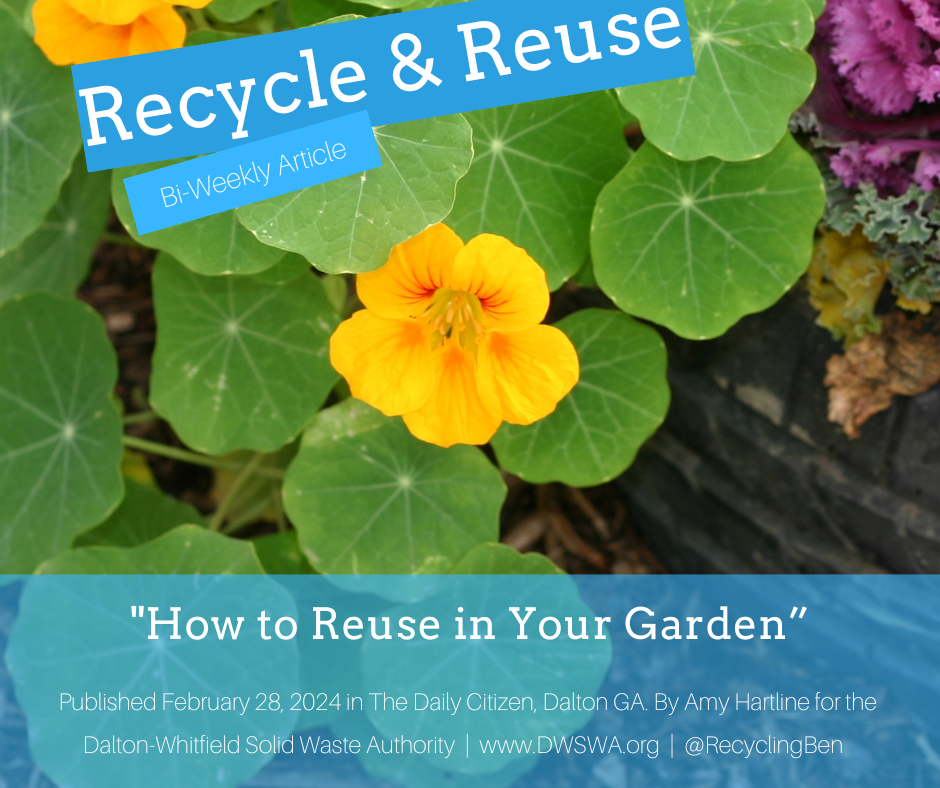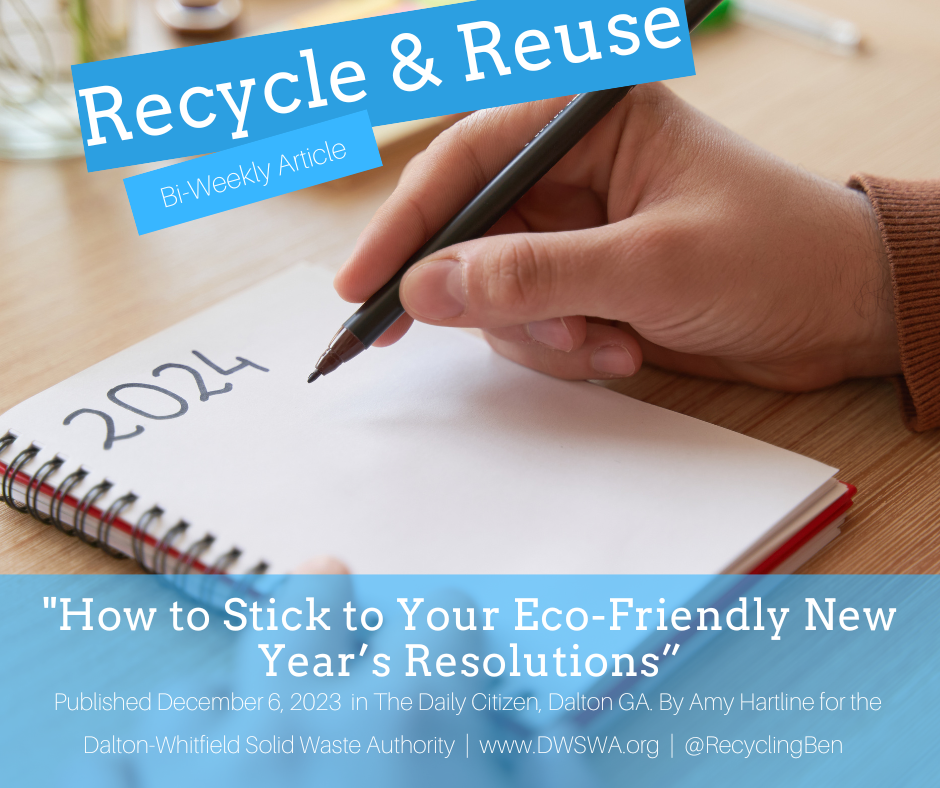Having an eco-minded Lent
/Wednesday marked the first day of Lent.
Lent is a Christian season of 40 days, not counting Sundays, that began on Ash Wednesday (this past Wednesday) and goes until the Saturday before Easter as a way to prepare for Easter and representing Jesus’ 40 days in the wilderness.
If you are interested in connecting what you eat to Lent and being more eco-friendly, consider giving up meat or cheese for the 40-day period to limit your use of land, pesticides and energy.
People observe Lent in different ways, but it usually includes some form of “fasting.” Traditionally, this can mean a food fast, but it has become normal for people to give up something not related to food such as Netflix or an extra hour of sleep and to replace that time with reflection, prayer and giving.
Many Christians become interested in being more eco-friendly as a way to be responsible stewards of the earth and create healthier environments for themselves and others to live in. For Christians that also observe Lent, the two values can intersect and provide them with a deeper connection to God and nature. The concepts of giving things up and giving of themselves more that are focused on during the period of Lent are the perfect concepts to tie into the idea of creating less waste or using less of resources while finding ways to care for the earth more.
We can all learn from periods that emphasize moderation and embracing what is most important to us. Even people that will not be filling the space with prayer can fill it with gratefulness and consideration for the community around them. There are plenty of options for anyone looking to observe a period of fasting with Lent or similar to Lent that can also help benefit the planet and those who live in it.
• Buy nothing: Have you heard of a buy-nothing challenge? These are periods that you set where you plan to buy nothing except shelter, utilities and necessary food. For many of us we can start to accumulate things without even realizing how much we are picking up. The 40 days of Lent can be just enough of a challenge for your first buy-nothing period. You may even decide to extend the challenge as far as six months to a year like some have. The rules of a buy-nothing challenge are flexible and can be bent to what works best for you. Some opt to not buy anything including any non-perishable food to encourage them to work through their pantry stock and some will still allow things like gifts to others. Take some time before the challenge to consider what items you have purchased in the past and haven’t really needed to see what you should make sure to include in your buy-nothing rules.
• Digital fasting: Powering our devices such as computers, phones and televisions takes resources even if we don’t see those resources being used. Having periods of no device time or a “digital detox” can help conserve our natural resources for everyone and give you perspective on life. Many people spend Lent replacing a pastime or activity with Bible study and having a set period each day to turn off all devices can be a great way to implement this practice and cut down distractions that often happen in everyday life.
• Green giving: Lent is not only about giving things up, but it also means giving more. It, however, does not need to mean giving money if it is not possible for you. Giving your time and experience to help local organizations or to cleanup areas of the community can be a great way to include environmentally focused behaviors into Lent. Consider spending 10 minutes each day cleaning up litter or helping a neighbor prep their garden for spring.
If you are observing Lent this year or want to take on a similar practice for yourself as we move into spring, consider finding ways to combine the concept with being more eco-friendly. By taking care of the planet, we are taking care of the gift given to everyone and the resources that we all have to share.
Amy Hartline is the recycling and education program coordinator for the Dalton-Whitfield Solid Waste Authority. Have a recycling question? Contact her at (706) 278-5001 or at ahartline@dwswa.org.
































